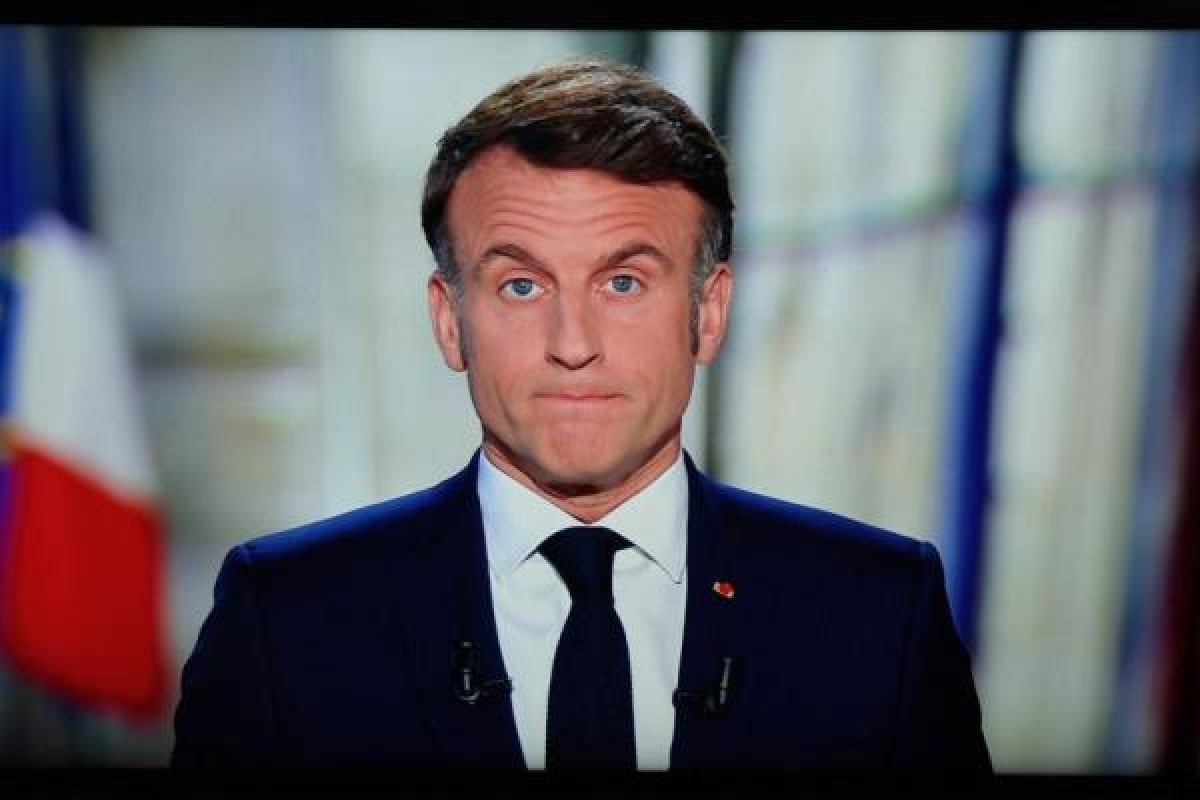Macron: Early elections increased instability in France


French President Emmanuel Macron said he is aware that his decision to call early parliamentary elections in June 2024 has caused further political instability in the country.
Macron added in a speech broadcast on television ahead of New Year celebrations, “The dissolution of the National Assembly (Parliament) caused more divisions than finding solutions for the French people.”
France is currently experiencing a turbulent political situation, which imposes great challenges on President Macron to find quick and effective solutions to form a stable government. In this context, the appointment of François Bayrou as Prime Minister came as a step that seeks to achieve political balance amid a complex scene, as the French parliament faces deep divisions between the right, the left, and the presidential camp.
Bayrou, a historic ally of Macron, was appointed nine days after the fall of Michel Barnier's government as a result of a vote on a motion of no confidence, which received support from left-wing and far-right MPs on December 4th.
The French presidency revealed two days ago the formation of the new government headed by François Bayrou, announcing the retention of Foreign Minister Jean-Noel Barrot and Armed Forces Minister Sébastien Lecornu, who has held this portfolio since 2022, following intense consultations between the new Prime Minister and President Emmanuel Macron.
The French presidency announced the appointment of Eric Lombard as Minister of Economy, Finance, Industrial and Digital Sovereignty. Annie Genevard (right) retained the agriculture portfolio.
The government was marked by the return of former Prime Ministers Elisabeth Borne and Manuel Valls to respectively take over the Ministry of Education and the Ministry of Overseas Territories, while former Interior Minister Gerald Darmanin was assigned the portfolio of Justice.
Bruno Ritaio also retained the Ministry of the Interior despite his controversial personality, and this was justified by his efforts to combat crime, drug trafficking and immigration, especially in the French archipelago of Mayotte.
Eric Lombard (66 years old), head of the Fund for Deposits and Safety, which is the investment arm of the French government, assumed the position of Minister of Finance, while Amelie de Monchalo assumed the position of Minister of Budget.
Lombard and Monchalo will have to start working immediately with Bayrou to approve the draft 2025 budget after parliamentary rejection of the proposed draft led to the ouster of former Prime Minister Michel Barnier.
The Bayro team is expected to face pressure to reduce the deficit, which is expected to reach a level exceeding six percent of GDP by the end of the year.
Parliament is in recess until January 13, 2025, but once it returns, Bayrou and his team will likely face a continuing threat of no confidence.
Macron hopes that Bayrou will be able to avoid a vote of no confidence until at least next July, when France holds new parliamentary elections.
The Elysee Palace indicated that the first government meeting will be held on January 3rd.
The new centrist French Prime Minister, François Bayrou (73 years old), was assigned to form the government on December 13 of this year, after a no-confidence vote against his predecessor, Michel Barnier, at the initiative of the left and the far right, only three months after his appointment.